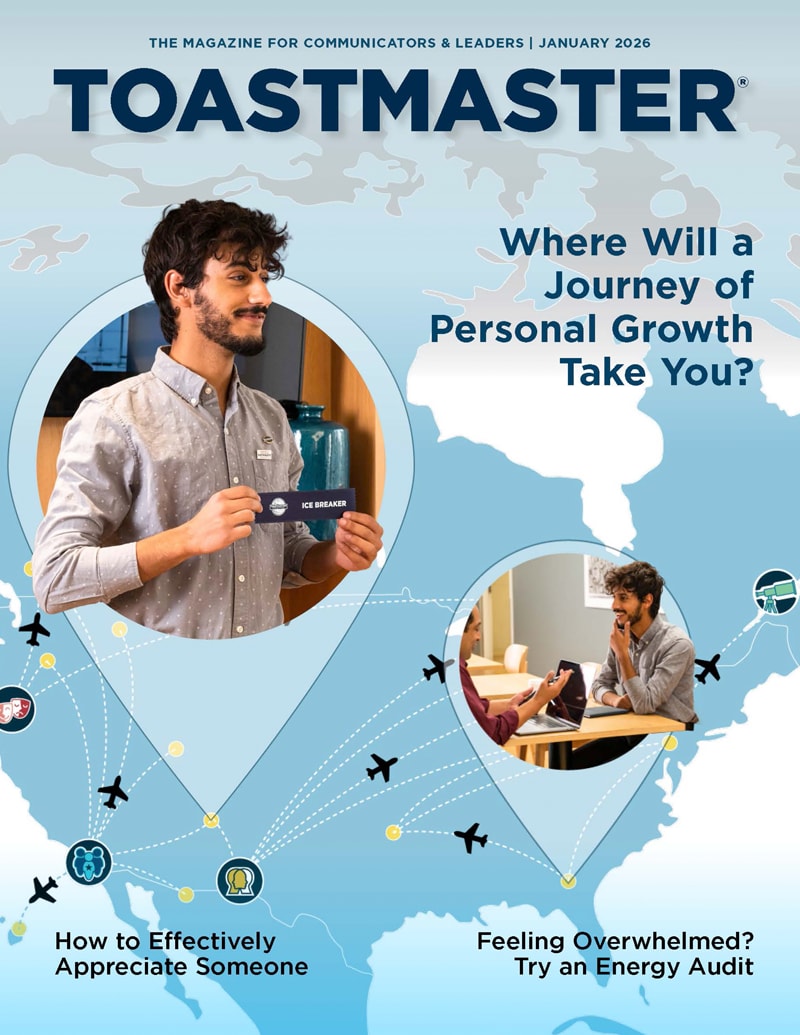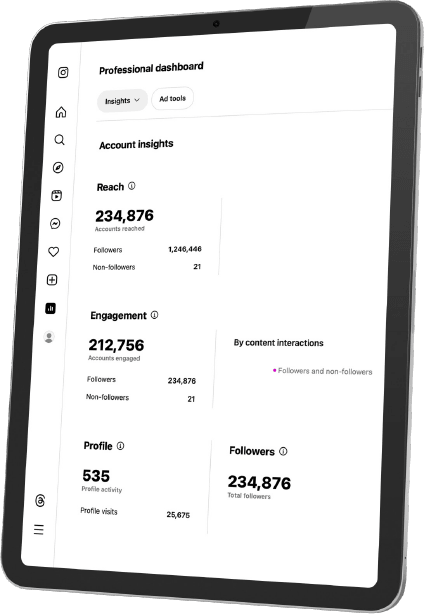
Whether you’re early in your career and looking to make yourself more marketable, an established worker interested in making a career change, or a longtime employee who wants to move up the ladder at your current company, you’ll gain a leg up by finding ways to learn new skills—or enhance the ones you already have. And luckily, in 2025, there are lots of ways to expand your professional education.
“It’s a cliché to say the world is changing rapidly, but it’s true, and it really demands that we continue to keep our skills relevant to remain relevant in the workforce,” says Chris Nicholson, associate dean of the College of Professional Studies at the University of Denver in Colorado. “I talk to employers who say, ‘I like to see a resume that shows a job candidate is continually learning and acquiring new skills, because that demonstrates that they have a continuous growth mindset.’”
Consistently working toward increasing and improving your skill set is known as continuous learning. This process can help you stand out from others in today’s competitive job market, set you up for success, and lead to new opportunities.
Numerous Benefits
The benefits of continuous learning are endless—from keeping you engaged at work, to boosting your confidence, to keeping your mind sharp, and more. As a lifelong athlete, Nicholson likens the benefits to playing both offense and defense with your career.
“From an offensive perspective, it’s career advancement,” he says. “You need to continually update your skills and make sure your skills are relevant, because it gives you a competitive advantage within the marketplace. It’s greater earning potential; it’s positioning oneself for job promotions; it’s improved marketability for you to move into positions outside your organization.
“Knowledge and skills are power, and people need to use that to their advantage.”
From the defensive perspective, Nicholson says, improving your skills and gaining new ones can increase your job security. “To the extent that greater skills and knowledge increase your job effectiveness, which I think they do, that just makes you a bit more indispensable to your organization,” he says.
Although being a continuous learner helps with professional development, it can also benefit the organization you work at. By encouraging your employees to gain new skills and knowledge, you can help boost employee retention, improve morale, and keep your team engaged at work.
Three Types of Learning
Whether you want to take a class, read a book, or learn in a different way, there are many avenues for picking up new knowledge and skills. Experts point to three types of learning when it comes to being a continuous learner: formal, social, and self-directed.
- Formal learning happens in a structured program, like the ones offered at schools. Many colleges and universities around the world offer a variety of courses, certificates, and degree programs for workers looking to beef up their resumes.
- Social learning can happen in the workplace, or even in your Toastmasters club, by finding people in the line of work you are interested in. Talk to them and ask them for mentorship or career advice.
- Self-directed learning takes advantage of resources such as books, videos, and online courses through sites such as LinkedIn or Coursera. With this approach, individuals can set their own learning goals and fit the education into their own schedules.
“There are so many options now,” Nicholson says. “One isn’t necessarily better than the other, but it depends upon the individual and what’s best for them at the point they’re at in their career.”
To start the process, Nicholson says, take stock of your situation and what you want to learn. Do you have the time and money for a formal degree program, or would you rather take online classes on your own time? Are there in-demand skills you want to be proficient at? Do you know someone you could ask to serve as your mentor? It never hurts to brush up on old skills as well.
Consider Your Employer
One place to start on your path toward becoming a continuous learner might be your current employer. Many companies offer internal training opportunities, free access to LinkedIn Learning, or other online resources, and even tuition assistance for classes and degrees at local or online universities.
Don Bittick, DTM, of Franklin, Tennessee, took advantage of a program offered by the school district in which he was substitute teaching: The district paid for him to get a teaching license through a local university. With a few additional courses that Bittick paid for himself, he was able to earn a master’s degree in education as well.
Bittick, a Past International Director for Toastmasters, says of the teacher-licensing program, “A lot of the things in the classes were things I was already aware of, having been in the classroom as a sub, but what I liked about it was when we got into more topic-specific classes.” He took math and English classes and learned how to teach both subjects in the classroom. “I probably wouldn’t have done it had they not paid for it, but I thought, Why not? If they’re going to pay for it, I’ll go for it.”
Learning Opportunities in Toastmasters
Another place to look for continuous learning opportunities? Your own Toastmasters club. Here you can take on new roles that help you learn new skills. Additionally, Toastmasters’ Pathways program offers many electives that allow members to gain knowledge in new areas.
Dotty Du, DTM, a Past International Director who owns and operates a food processing facility in Davao City, Philippines, says skills she learned through Pathways have translated to more success for her business.
“There are electives in Pathways that make use of technology and teach you things like the use of social media, which is a huge thing here in the Philippines,” Du notes. From the knowledge she gained, she created an online marketing strategy to help sell her product.
“We can take [Pathways] out of Toastmasters and use it in the real world,” she says.
Shirley Davis, Ph.D., a human resources consultant, LinkedIn Learning author, and Toastmasters Golden Gavel recipient, says that by simply being part of Toastmasters, members are gaining skills that will help them in the workplace.
“One of the things I love about Toastmasters is that they teach you the art of speaking—standing on your feet and communicating,” she says. “And communication skills are the key to success, to the trajectory of your career.”
Davis, a resident of Tampa, Florida, was in recruiting for 10 years and says the ability to communicate helped her interview, hire people, and promote employees. “Toastmasters gives us tools and frameworks for that, and I love the feedback and how you can think on your feet and communicate in a clear, concise, and compelling way.”
Whatever programs or tools you use to gain new skills or improve the ones you already have, stay sharp with continuous learning. Expanding your professional education will result in countless benefits and help you maintain an edge in the workplace.
Greg Glasgow is a Denver-based author and freelance writer and a frequent contributor to the Toastmaster. His debut nonfiction book, Disneyland on the Mountain: Walt, the Environmentalists, and the Ski Resort That Never Was, was published in September 2023.



 Previous
Previous


 Previous Article
Previous Article

